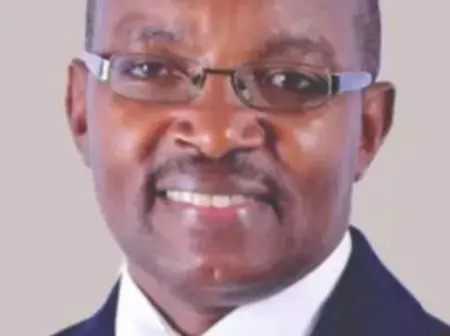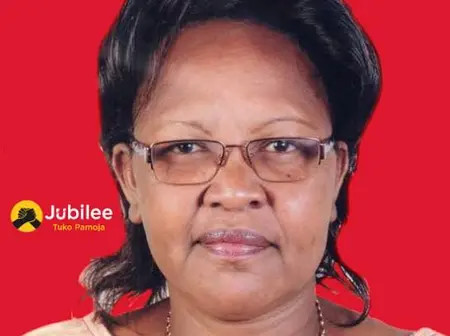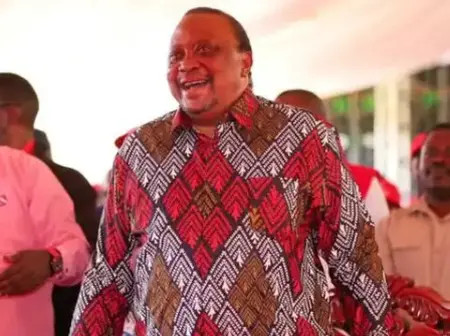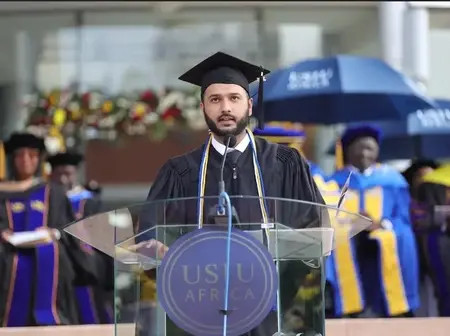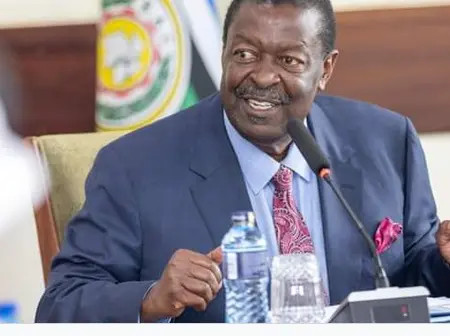
The family of the late Malava MP Malulu Injendi has accused Prime Cabinet Secretary Musalia Mudavadi of betraying their son, Ryan Injendi, during the recent UDA primaries. The accusations have reignited long-standing political tensions in Malava constituency.
Speaking from his late father’s home in Lugusi, Malava, on Sunday, September 21, 2025, Ryan addressed supporters after meeting with elders who had endorsed his bid. He conceded defeat, citing the need to maintain peace within the party.
Ryan, however, alleged that Mudavadi had betrayed him in the same manner he once betrayed his late father. He claimed the powerful leader denied him a fair chance at the ticket by openly favoring another candidate.
The young aspirant further alleged that Mudavadi dispatched loyalists from Nairobi to influence the outcome of the vote. He claimed these allies bribed delegates and manipulated the primaries in favor of David Ndakwa, whom he accused of enjoying undue protection.
“I accept the results, but not in good faith. Mudavadi and his office chose to do me dirty because I am young. He is against youth leadership, and this betrayal will not be forgotten,” Ryan declared.
David Ndakwa, a close political ally of Mudavadi and former Kakamega County Minority Leader, secured victory in the primaries with 8,756 votes. Ryan followed with 6,262 votes, while Leonard Shimaka and Simon Kangwana came third and fourth, respectively.
The primaries were marred by tension, with reports of bribery, intimidation, and the presence of hired goons at polling stations. Accusations flew between camps, raising questions about the integrity of the UDA nomination process in Malava.
With the UDA ticket secured, Ndakwa will now contest the Malava parliamentary by-election scheduled for November 27, 2025. He faces stiff competition from Seth Panyako of DAP–K, lawyer Edgar Busiega of DCP, businessman Wilberforce Tuvei, and Joab Manyasi of DNA.
The by-election will decide who succeeds the late Malulu Injendi as Malava’s next Member of Parliament. The contest is expected to be fiercely competitive, with national political interests and local loyalties likely to shape the outcome.
